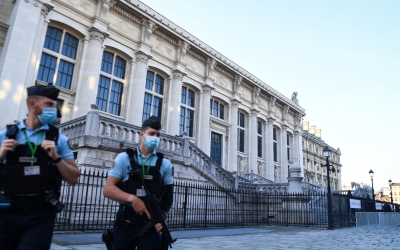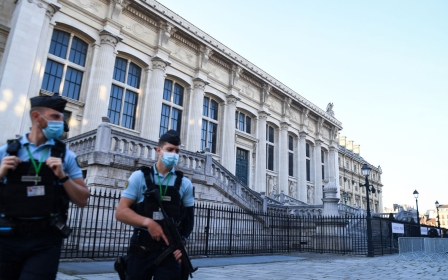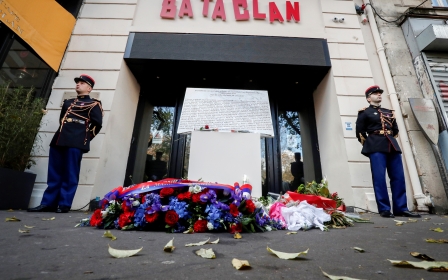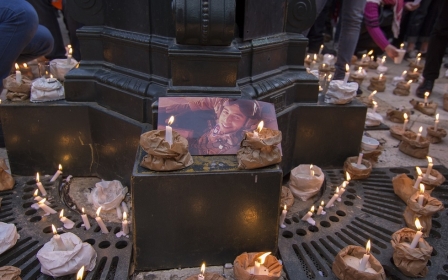Twenty men convicted over deadly 2015 Paris attacks
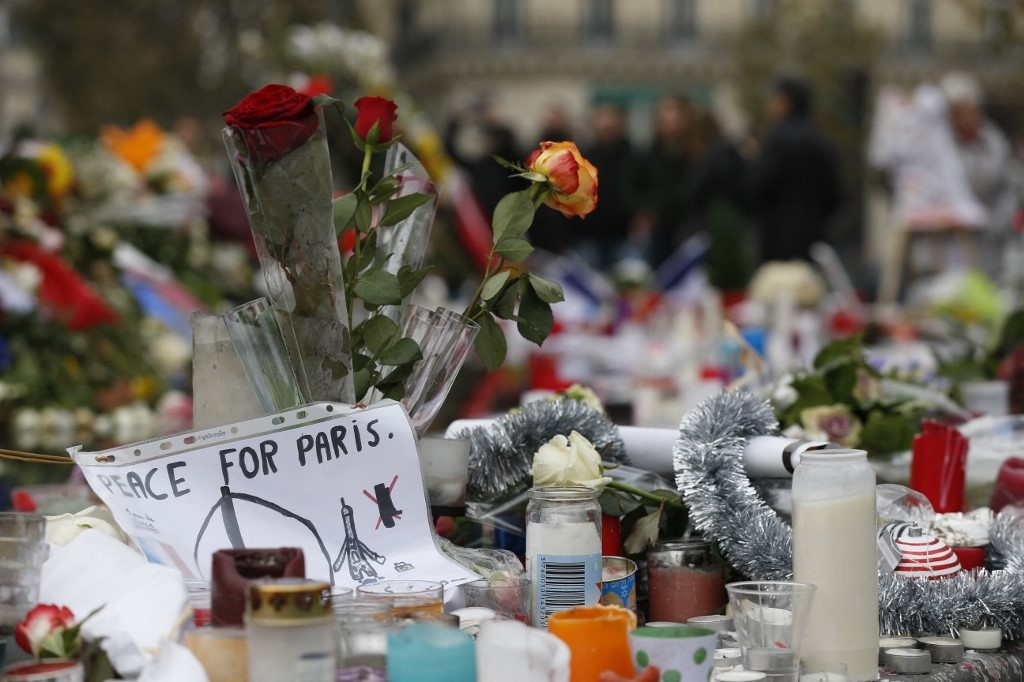
Twenty men were on Wednesday convicted for their roles in the deadly 2015 Paris attacks that killed 130 people and injured more than 500.
The coordinated attacks took place on 13 November 2015 in central Paris and the city's northern suburb, Saint-Denis. Authorities said suicide bombers detonated explosives at the Stade de France, which was followed by shootings at cafes, restaurants and bars, as well as at a concert by the Eagles of Death Metal at the Bataclan music venue.
The Islamic State (IS) group claimed responsibility for the attacks as retaliation for the country's involvement in striking the militant group in Iraq and Syria.
The impact of the attacks on French society still lingers, as measures taken during France's subsequent two-year state of emergency following the attacks have "in effect" become permanent. Security had also been beefed up around the purposely built facility in central Paris where the trial took place.
On Wednesday, Salah Abdeslam, the sole surviving member of the group responsible for the attack, was handed a whole-life sentence by a French court, ending a 10-month trial. He is ineligible for parole for 30 years.
Abdeslam was captured by police four months after the attack.
The other 19 suspects, who were accused of either taking part in or offering logistical support, were also found guilty. Their sentences range from two years to life in prison. Only 14 out of the 20 appeared in person, with the rest missing and presumed dead.
Over the course of ten months, hundreds of people testified in a Paris courtroom, including victims, their families, and the president of France in 2015, François Hollande.
"Those who committed these heinous crimes are nothing more than lowlife terrorists and criminals," prosecutor Nicolas Le Bris said in his closing statement earlier this month.
According to the AFP news agency, Abdeslam began his appearances in court by defiantly declaring himself as an "Islamic State fighter" but finished by apologising to victims and asking for leniency.
His lawyers argued against the whole-life sentence, which prosecutors had called for. Abdeslam said that he had had a change of heart and decided not to kill people after he discarded his suicide belt on the night of the attack and fled to Brussels.
Prosecutors argued that he shared the murderous intent of the rest of the team and that his equipment simply malfunctioned.
In December 2020, 14 men were convicted of aiding in the January 2015 attacks against the Charlie Hebdo satirical weekly magazine and a kosher supermarket. Seventeen people were killed in those attacks, carried out by men linked to the IS group and al-Qaeda.
In September, a trial over the July 2016 truck attack that killed 86 people in Nice, also claimed by IS, is scheduled to begin.
Middle East Eye delivers independent and unrivalled coverage and analysis of the Middle East, North Africa and beyond. To learn more about republishing this content and the associated fees, please fill out this form. More about MEE can be found here.


